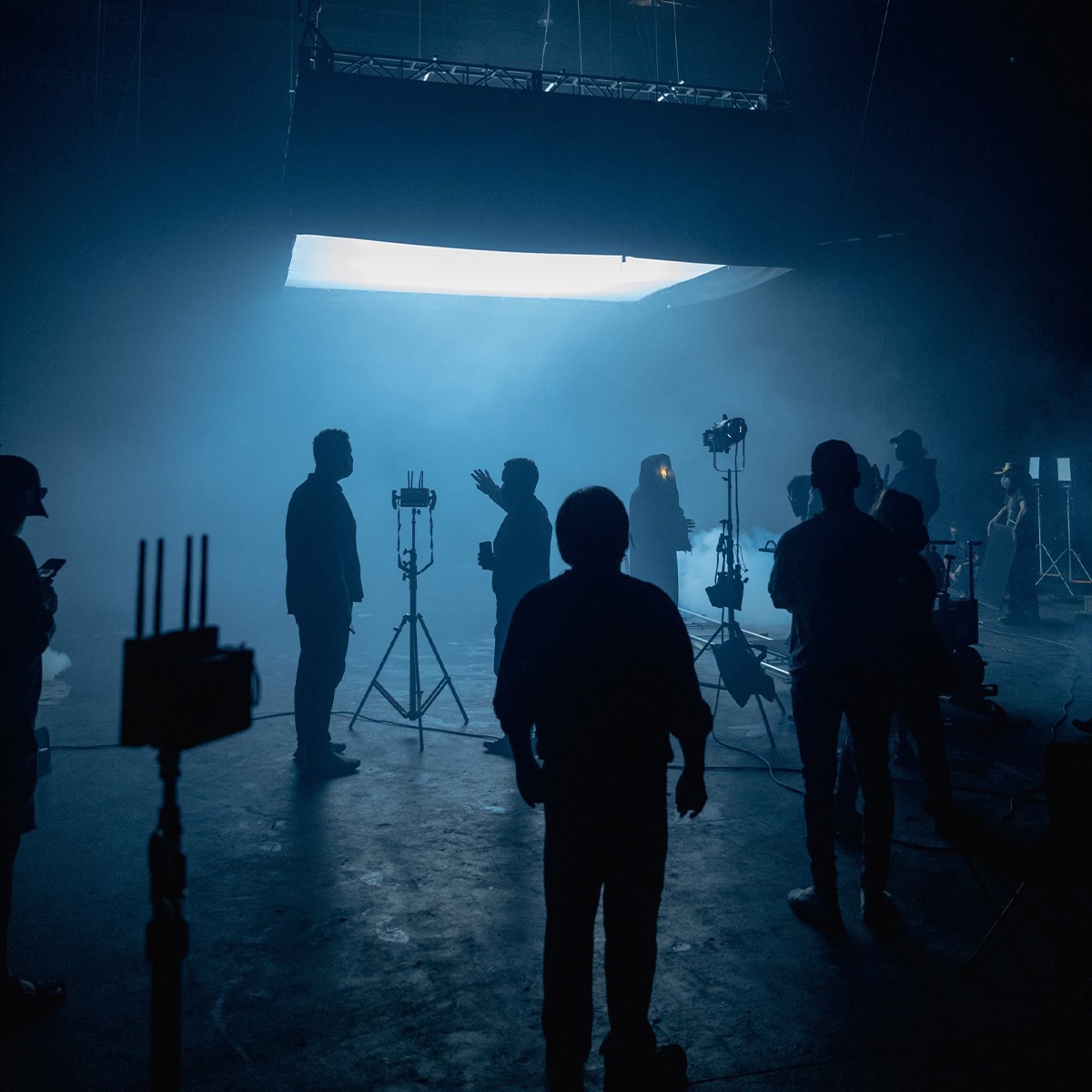Special Effects Department
Film Crew Position: Assistant Effects

What does a Assistant Effects do?
An Assistant Effects professional functions within the Special Effects Department of a film production, responsible for assisting in the creation and execution of visual and physical effects used to enhance the storytelling of a movie or television show. Their expertise lies in the practical, on-set application of various techniques such as mechanical rigs, controlled explosions, and atmospheric effects, among others.
What role does a Assistant Effects play?
The role of an Assistant Effects in the film industry is multi-faceted, demanding a blend of creativity, technical skill, and practical problem-solving. Assistants work closely with the special effects supervisor and other team members to ensure that the envisioned effects are realized safely and effectively on screen. They prepare and maintain the equipment required for the effects, participate in testing and rehearsals, and provide support during the actual filming. Furthermore, they might be called upon to liaise with other departments, such as art and stunts, to integrate special effects seamlessly into the production.
Do you need to go to college to be a Assistant Effects?
A career as an Assistant Effects does not strictly require a college degree; however, a background in a related field can be beneficial. Degrees in film production, mechanical engineering, or physical sciences can provide a foundational knowledge that is advantageous in this line of work. More important than a formal education is relevant experience and a proven track record in working with special effects. Many professionals start with entry-level positions or internships within the special effects department to gain the necessary skills on the job.
What skills do you need to be a Assistant Effects?
Essential skills for an Assistant Effects include a strong understanding of physical science principles and mechanical skills to operate and troubleshoot special effects equipment. Creativity is important for devising innovative ways to achieve desired effects, while attention to detail ensures the effects are precisely timed and executed. Safety awareness is paramount, as the job often involves hazardous materials and situations. Additionally, strong communication and collaboration skills are critical, as the role requires working closely with other departments and team members to bring complex sequences to life. Technical aptitude, problem-solving abilities, and adaptability to various on-set conditions are also key to success in this role.
New to filmmaking?
Get Free Template
Use our budget template to get a kick start on your film project. Get access to dozens of templates no matter what type of project!
